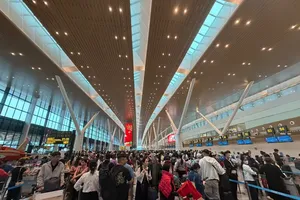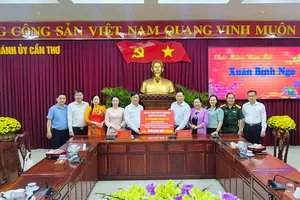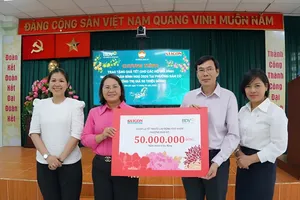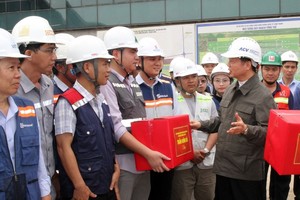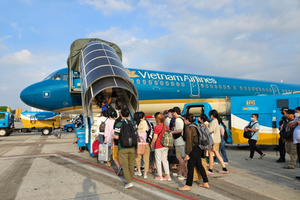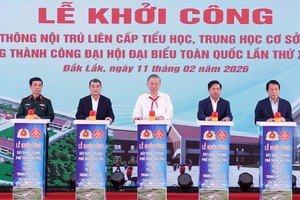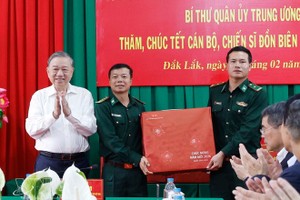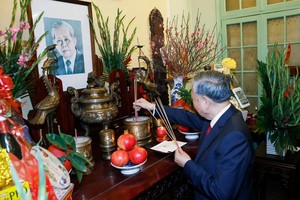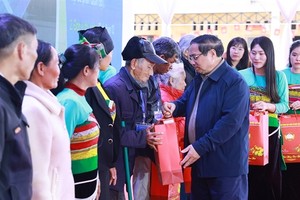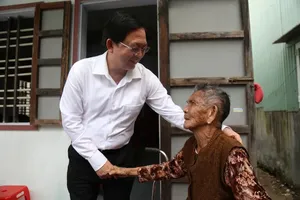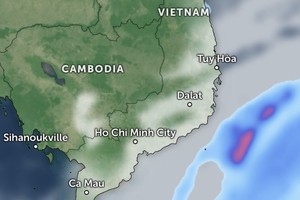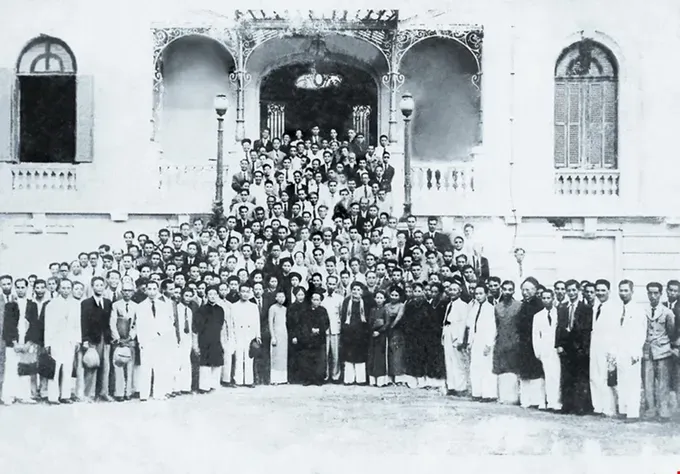
Political miracle
With a profound respect for democracy and the rule of law, President Ho Chi Minh wasted no time. Just one day after delivering the Declaration of Independence and proclaiming the birth of a new state – the Democratic Republic of Vietnam, he addressed the first meeting of the provisional government on September 3, 1945.
“We were previously ruled by an absolute monarchy, followed by a no less despotic colonial regime, so our country has never had a Constitution. Our people have never enjoyed democratic freedoms”, he stressed. “We must have a democratic Constitution. I propose that the Government organizes, as soon as possible, a general election based on universal suffrage. All citizens, male and female, from the age of 18, have the right to vote and stand for election, regardless of wealth, religion, or ethnicity.”
After a brief but intense period of preparation, the General Election for the first National Assembly was held nationwide on January 6, 1946. With a remarkable voter turnout of 89 percent, the country elected 333 delegates.
The body was a true reflection of the people. 87 percent of its members were workers, peasants, and revolutionary soldiers, and it included 10 women and 34 representatives from ethnic minorities. President Ho Chi Minh, running in Hanoi, won with an overwhelming 98.4 percent of the vote.
The final composition of the 403-seat National Assembly included a masterstroke of statesmanship. In a sagacious decision with President Ho Chi Minh at the helm, the Assembly agreed to include 70 delegates from rival political parties – the Viet Cach (Vietnam Revolutionary Alliance Association) and Viet Quoc (nominally the Vietnam Nationalist Party, but in reality, it included the Vietnam National People’s Party Front) – without them having to stand for election.
This was a crucial move to foster national harmony, concentrate all forces, and strengthen the great bloc of national unity for the resistance against the French colonialists.
In his opening address, President Ho Chi Minh underscored this spirit of unity. “Political parties, ethnic minorities, and women all have representation”, he declared. “And as such, these are not delegates of any single party or ethnic group, but representatives of the entire Vietnamese nation.”
These points clearly showed the strategic vision of President Ho Chi Minh and the strong desire for mastery of the Vietnamese people, when that hastily prepared General Election elected a nation-founding National Assembly, with a Constitution that laid a solid foundation for the rule-of-law state of the Democratic Republic of Vietnam.
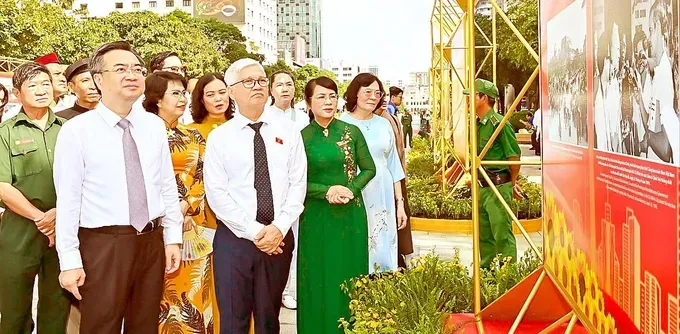
First constitution, first questioning session
The success of the election marked the maturation of the new revolutionary state and opened a new era with a unified National Assembly and Government. Few could have predicted then that, due to the subsequent wars and division of the country, this first National Assembly would serve the longest term in Vietnamese history, from 1946 to 1960.
The National Assembly’s first session convened on March 2, 1946, and immediately set about its historic work. It established the Coalition Government of Resistance, an unprecedented political model in Vietnamese history designed to manage all aspects of national life (politics, military, economy, culture, society) and mobilize the country’s resources for the long fight ahead.
Another indelible mark of this first session was the creation of the Constitution Drafting Committee. Thanks to the committee’s tireless efforts, the nation’s first constitution was passed at the very next session, on November 9, 1946.
The 1946 Constitution is universally regarded as a profoundly democratic document. It formally established a democratic republic state, enshrined the rights and freedoms of all citizens regardless of gender, and included special provisions for ethnic minorities.
It laid the foundational stones for a rule-of-law state and affirmed the nation’s unwavering commitment to building a progressive and democratic institution.
That second session was also notable for another first: the first interpellation, or questioning session. In a later speech, President Ho Chi Minh reflected on the moment with pride.
“Our government is just over a year old; it is quite young. The National Assembly, elected just over eight months ago, is younger still. And yet, the Assembly has asked such mature and complex questions that touch upon all matters related to our nation’s destiny. With such political maturity, who dares to say our people are not ready for independence?”
President Ho Chi Minh





